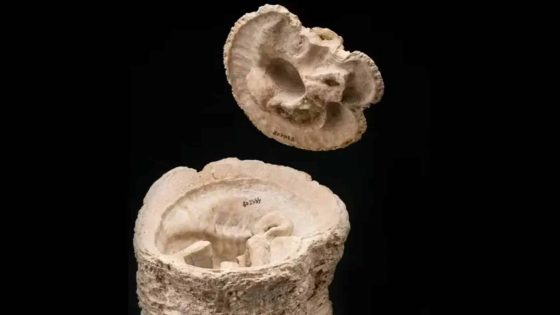Recent discoveries of ancient fossils beneath Indonesian seas are reshaping our understanding of early human life in Southeast Asia. Unearthed during reclamation efforts on 2025-07-20 14:19:00, these fossils offer a glimpse into a thriving ecosystem that existed over 140,000 years ago.
- Ancient fossils found beneath Indonesian seas
- Over 6,000 fossil specimens uncovered
- Evidence of a submerged river system
- Signs of advanced hunting techniques
- Homo erectus range expanded in Southeast Asia
- Discovery challenges previous human history assumptions
Over 6,000 fossil specimens, including remains of Komodo dragons and extinct elephant-like Stegodon, were found alongside human skull fragments resembling those of Homo erectus. This remarkable find prompts new questions about the adaptability and survival strategies of our ancestors.
The implications of this discovery are profound. How did early hominins navigate such diverse environments? The evidence suggests that they employed sophisticated hunting techniques, indicating a remarkable level of intelligence and adaptability.
- Fossils date back to between 162,000 and 119,000 years ago.
- Cut marks on bones indicate advanced butchery practices.
- Geological analysis reveals a once-thriving river ecosystem.
As scientists continue to explore these submerged landscapes, we may uncover even more secrets about our ancestors and the environments that shaped their lives. What other hidden worlds await discovery beneath the waves?

































